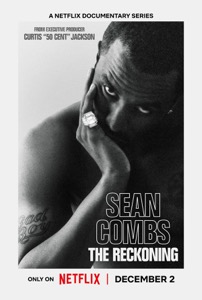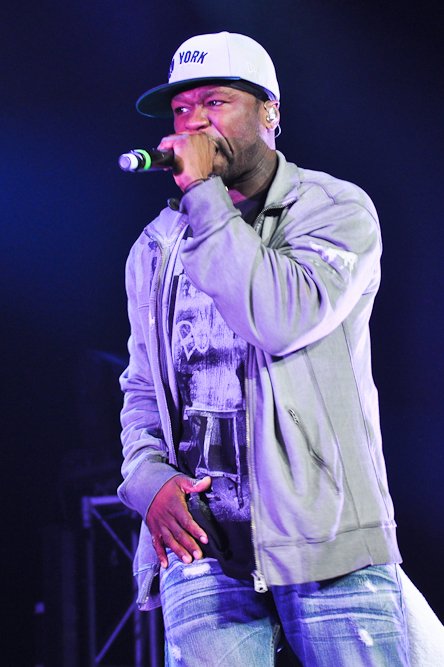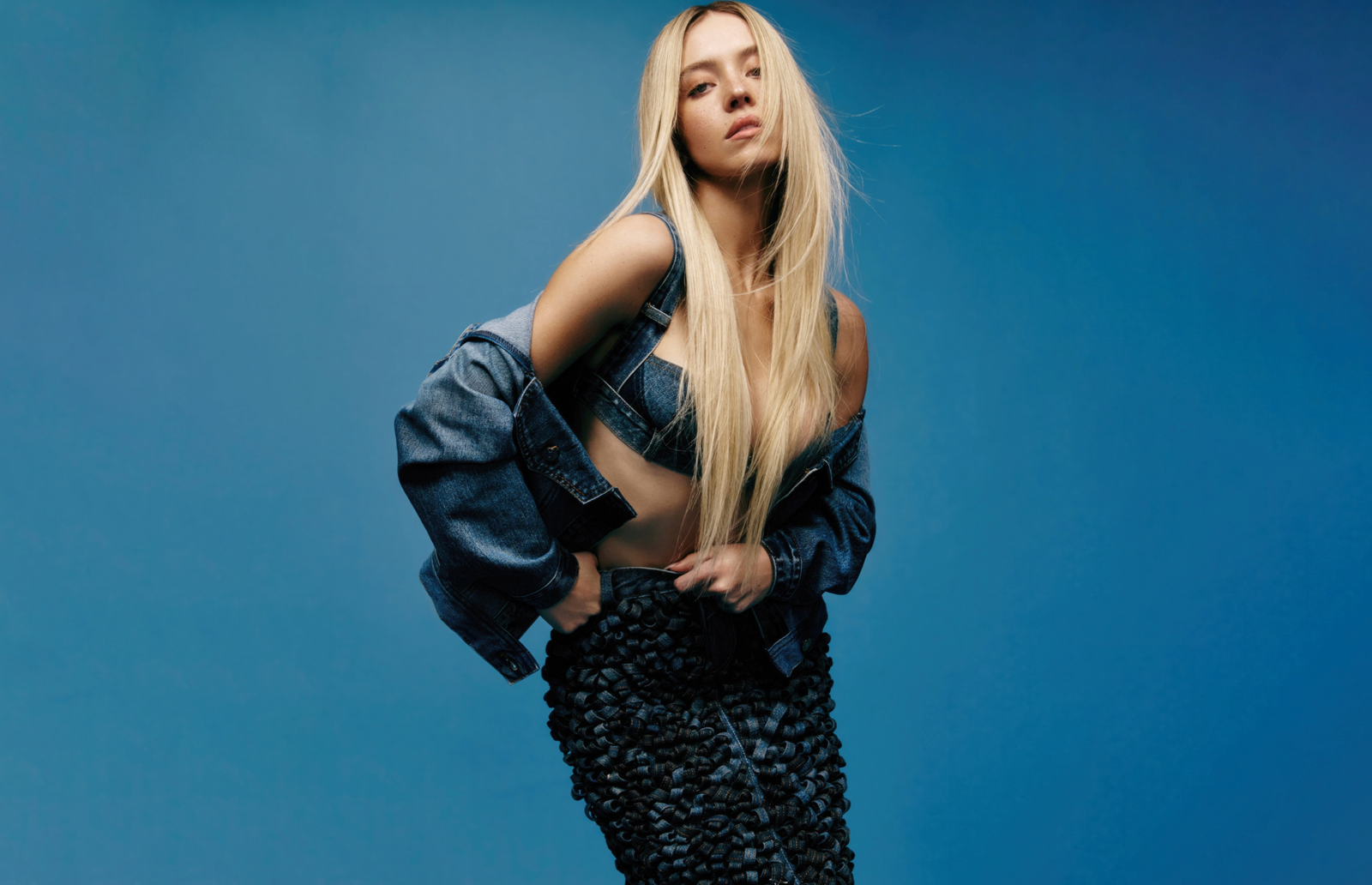Related: Take the Bow Trend to the Next Level With This Earring Set — 9 Pairs for $14
Advertisement
Please note, deals are accurate at the date of publication but are subject to change.
Welcome to the weekend — you made it! It’s only right that you treat yourself to some new fashion, beauty and home finds. Luckily, so many of our favorite brands have deals going on right now, so we can celebrate properly!
Ready to shop? See our 15 favorite online shopping deals for this weekend below. You’ll find picks from Sharper Image, Macy’s, Coco & Eve, Amazon and more!
Our Absolute Favorite Deal: The Winter Wonder Event just kicked off, offering 20% off sitewide plus a free shipping rebate. This sale runs through the end of the weekend. There’s so much cool tech, but we need this Heated Ice Scraper ASAP — was $50, now $40 with code WONDER at checkout!
Shop more Winter Wonder Event deals at Sharper Image!
Our Absolute Favorite Deal: With over 4,000 items currently on sale, Anthropologie is a must-shop destination this weekend. The wintry magic of this Daily Practice Turtleneck Sweater Dress has captured our attention — was $158, now $99.95!
Shop more amazing deals at Anthropologie!
Our Absolute Favorite Deal: You can take an extra 50% off sale items at Madewell right now with code EVENBETTER. That means this Rosedale Blazer, which was $188, starts at just $50 with code!
Shop more amazing deals at Madewell!
Our Absolute Favorite Deal: Take 25% off hair treatment bestsellers! Don’t know where to start? This Miracle Hair Elixir could boost shine and softness while reducing frizz — originally $29, now $21!
Shop more hair treatment deals at Coco & Eve!
Our Absolute Favorite Deal: There are so many Spanx sale pieces that are at least half off. If you want to rock a fitted dress, you need to check out this Leather-Like Sleeveless Sheath Dress — 70% off!
Shop more amazing deals at Spanx!
Our Absolute Favorite Deal: The Bed & Bath Sale is on! This is your sign to finally replace your old towels with this Darcelle Turkish Cotton Bath Towel Set — was $73, now $41!
Shop more Bed & Bath deals at Wayfair!
Our Absolute Favorite Deal: Last chance! Take an extra 20% off select sale and clearance styles with code WINTER through Sunday. Who’s ready to bundle up in this Lauren Ralph Lauren Exploded Plaid Blanket Wrap? It was originally $68, but it’s $41 with code!
Shop more sale deals at Macy’s!
Our Absolute Favorite Deal: Take 70% off select styles — and an extra 60% off clearance! Elevate so many outfits in your wardrobe with the help of these Faux Leather ’90s Slim Pants —marked down from $98 to $29!
Shop more amazing deals at Express!
Our Absolute Favorite Deal: Take up to 50% off in the Winter White Sale — and get free shipping on everything! Cozy up on the couch with this Lodge Faux Fur Throw — was $149, now $79!
Shop more of the Winter White Sale at Balsam Hill!
Our Absolute Favorite Deal: Dermelect has so many exclusive sets that let you save big and simplify your beauty routine. For those dealing with weak nails and dry cuticles, grab this Natural Nail Repair Strengthening Kit — $18 in savings!
Shop more bundle deals at Dermelect!
Countless deals across the site! Shop our picks from top categories below:
Our Absolute Favorite Fashion Deal: It doesn’t get much cozier than this Andrew Marc Teddy Jacket — was $84, now starting at $41!
Our Absolute Favorite Beauty Deal: This DHC Deep Cleansing Oil is a holy grail for so many shoppers. Originally $28, it’s currently $16!
Our Absolute Favorite Home Deal: Elevate your bedroom and protect your skin and hair with this MR&HM Satin Pillowcase set — was $13, now $8!
Our Absolute Favorite Tech Deal: Digital cameras are making a serious comeback! This cute Camkory camera was $50, but it’s on sale for $40!
Our Absolute Favorite Pet Deal: If you adopted your pup, this Embark Dog DNA Test can reveal his/her breed and even relatives — was $129, now $99!
Shop more amazing deals at Amazon here!
Us Weekly has affiliate partnerships. We receive compensation when you click on a link and make a purchase. Learn more!
Please note, deals are accurate at the date of publication but are subject to change. Welcome to the weekend — you made it! It’s only right that you treat yourself to some new fashion, beauty and home finds. Luckily, so many of our favorite brands have deals going on right now, so we can celebrate
Us Weekly Read More

50 Cent’s new Netflix docuseries about Sean “Diddy” Combs is more than a headline-grabbing exposé; it is a meticulous breakdown of how power, celebrity, and silence can collide in the entertainment industry.
Across its episodes, the series traces Diddy’s rise, the allegations that followed him for years, and the shocking footage and testimonies now forcing a wider cultural reckoning.

The docuseries follows Combs from hitmaker and business icon to a figure facing serious criminal conviction and public disgrace, mapping out decades of influence, branding, and behind-the-scenes behavior. Watching that arc shows how money, fame, and industry relationships can shield someone from scrutiny and delay accountability, even as disturbing accusations accumulate.

Exclusive footage of Diddy in private settings and in the tense days around his legal troubles reveals how carefully celebrity narratives are shaped, even in crisis.
Viewers can learn to question polished statements and recognize that what looks spontaneous in public is often the result of strategy, damage control, and legal calculation.
Interviews with alleged victims, former staff, and industry insiders describe patterns of control, fear, and emotional or physical harm that were long whispered about but rarely aired in this detail. Their stories underline how difficult it is to speak out against a powerful figure, teaching viewers why many survivors delay disclosure and why consistent patterns across multiple accounts matter.
As executive producer, 50 Cent uses his reputation and platform to push a project that leans into uncomfortable truths rather than protecting industry relationships. The series demonstrates how documentary storytelling can challenge established power structures, elevate marginalized voices, and pressure institutions to respond when traditional systems have failed.
Reactions to the doc—ranging from people calling it necessary and brave to others dismissing it as a vendetta or smear campaign—expose how emotionally invested audiences can be in defending or condemning a famous figure. Watching that debate unfold helps viewers see how fandom, nostalgia, and bias influence who is believed, and why conversations about “cancel culture” often mask deeper questions about justice and who is considered too powerful to fall.

A new Christmas-themed episode of South Park is scheduled to air with a central plot in which Satan is depicted as preparing for the birth of an Antichrist figure. The premise extends a season-long narrative arc that has involved Satan, Donald Trump, and apocalyptic rhetoric, positioning this holiday episode as a culmination of those storylines rather than a stand‑alone concept.
According to published synopses and entertainment coverage, the episode frames the Antichrist as part of a fictional storyline that blends religious symbolism with commentary on politics, media, and cultural fear. This follows earlier Season 28 episodes that introduced ideas about Trump fathering an Antichrist child and tech billionaire Peter Thiel obsessing over prophecy and end‑times narratives. The Christmas setting is presented as a contrast to the darker themes, reflecting the series’ pattern of pairing holiday imagery with controversial subject matter.
Coverage notes that some figures connected to Donald Trump’s political orbit have criticized the season’s portrayal of Trump and his allies, describing the show as relying on shock tactics rather than substantive critique. Commentators highlight that these objections are directed more at the depiction of real political figures and the show’s tone than at the specific theology of the Antichrist storyline.
At the time of reporting, there have not been widely reported, detailed statements from major religious leaders focused solely on this Christmas episode, though religion-focused criticism of South Park in general has a long history.
Entertainment outlets such as The Hollywood Reporter, Entertainment Weekly, Forbes, Slate, and USA Today describe the Antichrist arc as part of South Park’s ongoing use of Trump-era and tech-world politics as material for satire.
South Park is rated TV‑MA and is intended for adult audiences due to strong language, explicit themes, and frequent use of religious and political satire. Viewers who are sensitive to depictions of Satan, the Antichrist, or parodies involving real political figures may find this episode particularly objectionable, while others may view it as consistent with the show’s long‑running approach to controversial topics. As with previous episodes, individual responses are likely to vary widely, and the episode is best understood as part of an ongoing satirical series rather than a factual or theological statement.

Sydney Sweeney has decided she is finished watching strangers on the internet treat her face like a forensic project. After years of side‑by‑side screenshots, “then vs now” TikToks, and long comment threads wondering what work she has supposedly had done, the actor is now addressing the plastic surgery rumors directly—and using them to say something larger about how women are looked at in Hollywood and online.

Sweeney points out that people are often mistaking normal changes for procedures: she grew up on camera, her roles now come with big‑budget glam teams, and her body has shifted as she has trained, aged, and worked nonstop. Yet every new red‑carpet photo gets folded into a narrative that assumes surgeons, not time, are responsible. Rather than walking through a checklist of what is “real,” she emphasizes how bizarre it is that internet detectives comb through pores, noses, and jawlines as if they are owed an explanation for every contour of a woman’s face.
By speaking up, Sweeney is redirecting the conversation away from her features and toward the culture that obsesses over them.
She argues that the real issue isn’t whether an actress has had work done, but why audiences feel so entitled to dissect her body as public property in the first place.
For her, the constant speculation is less about curiosity and more about control—another way to tell women what they should look like and punish them when they do not fit. In calling out that dynamic, Sweeney isn’t just defending herself; she is forcing fans and followers to ask why tearing apart someone else’s appearance has become such a popular form of entertainment.


Colombia’s ‘Doll’ Arrest: Police Say a 23-Year-Old Orchestrated Hits, Including Her Ex’s Murder


How The Grinch Became The Richest Christmas Movie Ever


Miley Cyrus Is Engaged to Maxx Morando


Luana Lopes Lara: How a 29‑Year‑Old Became the Youngest Self‑Made Woman Billionaire


Disney Brings Beloved Characters to ChatGPT After $1 Billion OpenAI Deal


Mariah Carey’s One Holiday Hit Pays her $3.3 Million a Year


Netflix Got Outbid: Paramount Drops a $108 Billion Cash Bomb on Warner Bros.


Anne Hathaway Just Turned Her Instagram Bio Into a 2026 Release Calendar